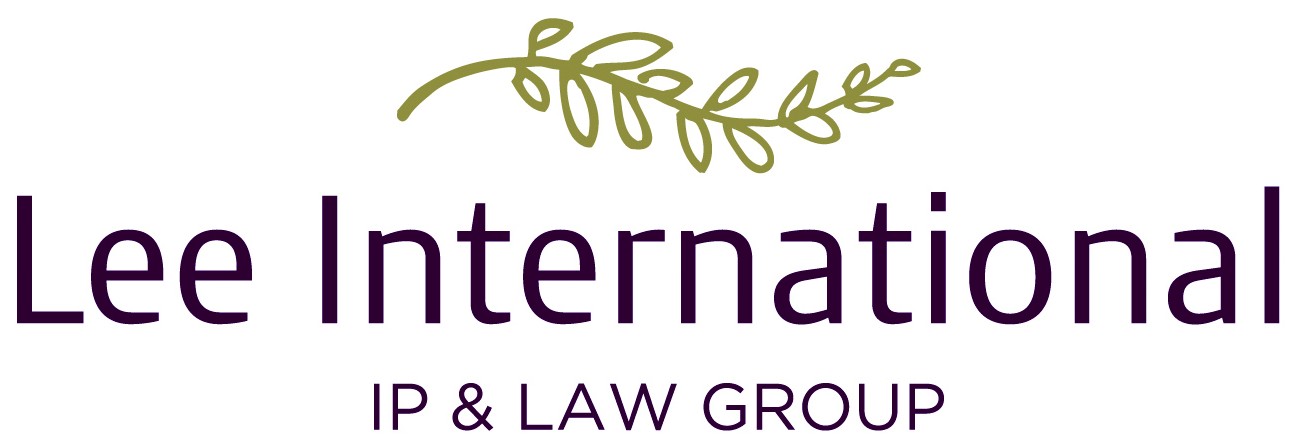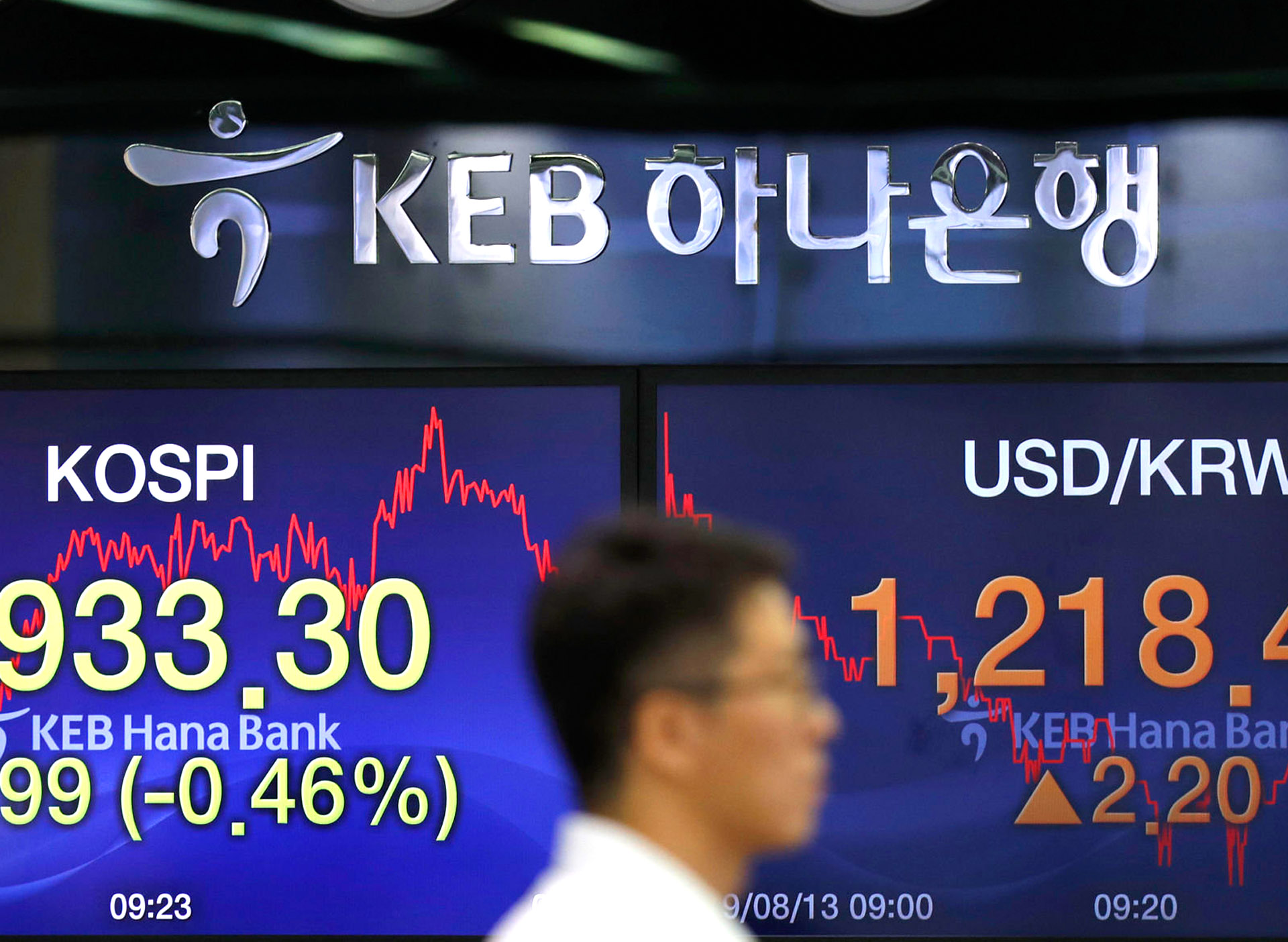 By Kwang-Chun Park, Lee International
By Kwang-Chun Park, Lee International
1. Entry barriers to the Korean financial investment market
As of September 2019, there were 47,799 foreign investors registered with the Korea Financial Supervisory Service, including 36,190 institutional investors (22,899 collective investment vehicles; 2,302 pension funds; 994 securities firms; 737 banks and 509 insurance companies). Foreign investors hold 38.5 percent of the KOSPI market cap and 10.5 percent of the KOSDAQ market cap. According to the Korea Financial Supervisory Service on September 30, 2019, there are 11 foreign securities firms operating in Korea using local subsidiaries, including Deutsche Securities, and 11 foreign securities firms conducting business in Korea through branch offices, including Goldman Sachs Securities.
Foreign investment is playing an important role in the Korean financial investment market and there are many foreign companies that are leaders in the Korean financial investment market, earning sizeable profits. However, as in any country, there are exacting laws regulating the financial investment market and these regulations can act as a barrier to foreign financial investors entering the Korean financial investment market.
Establishing a subsidiary or branch office in Korea and registering/obtaining approval for operating a financial investment business requires considerable effort and cost to satisfy the many legal requirements. Consequently, some foreign financial investment companies instead consider conducting their business activities involving Korean residents overseas, without obtaining approval or registration and without establishing a subsidiary or branch office in Korea.
2. Financial Supervisory Service’s guidelines
The Financial Investment Services and Capital Markets Act provides that it shall not apply to situations where a foreign investment trader or foreign investment broker conducts certain acts abroad (Article 7(6)4. of the Capital Markets Act; Article 7(4)6. of the Enforcement Decree of the Capital Markets Act). However, given the lack of clarity, many foreign companies have complained that the provisions of the Act make it difficult to determine legality. Consequently, the Financial Supervisory Service announced its “Guidelines on Business Targeting Domestic Investors by Foreign Investment Traders and Brokers” on October 5, 2015. While these guidelines are not legally binding, they are an important reference because in practice, the Financial Supervisory Service often determines whether business activities are illegal using these guidelines.
A. When the business is targeting domestic investment traders
When a foreign investment trader/broker conducts business activities outside Korea by having as its counterpart a Korean company that has been approved in Korea as an investment trading business, the foreign investment trader/broker is obligated to operate within the following parameters:
- A foreign investment trader/broker can do work with a Korean investment trader within the scope of work permitted to be performed by an approved Korean investment trading or investment brokerage business;
- The business contacts must be made by telephone, email, etc. from abroad and in principle, a foreign investment trader/broker should not visit a domestic Korean investment trader to discuss its specific investment products;
- However, a foreign investment trader/broker may visit a domestic Korean investment trader if:
- such Korean investment trader requests the visit or visits such foreign investment trader/broker directly;
- such foreign investment trader/broker makes a routine visit for greetings without mentioning specific financial investment products; or
- a foreign investment trader/broker accompanies a Korean investment broker to assist such domestic investment broker in explaining its products without any investment solicitation.
B. When the business is conducted via domestic investment brokers
A foreign investment trader/broker may trade financial investment instruments with a domestic resident, or act as a broker, intermediary or agent for trading financial investment instruments outside Korea through a company that has obtained approval to operate an investment brokerage business in Korea. Foreign investment traders/brokers are not allowed to directly solicit investments from a domestic resident. Business activities must follow the below guidelines:
- Same as the requirements in (i) of paragraph A above;
- Same as the requirements in (ii) of paragraph A above;
- However, a foreign investment trader/broker may visit a domestic Korean investment trader if:
- Same as the requirements in (iii) (b) of paragraph A above ; or
- Same as the requirements in (iii) (c) of paragraph A above.
As mentioned previously, the Financial Supervisory Service’s guidelines have removed some uncertainties regarding the business activities of foreign financial investment companies. However, cross-border financial activities are becoming more diverse and complex over time, and it is always important to consult with legal counsel who can evaluate your specific factual situation before planning and executing business activities in South Korea.

E: kcpark@leeinternational.com
T: (82) 2 2262 6025
F: (82) 2 2279 5020


